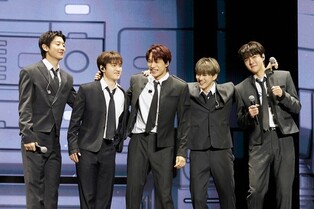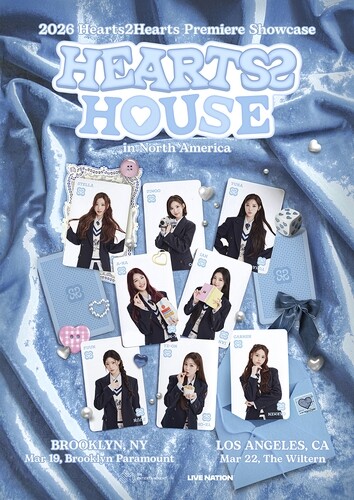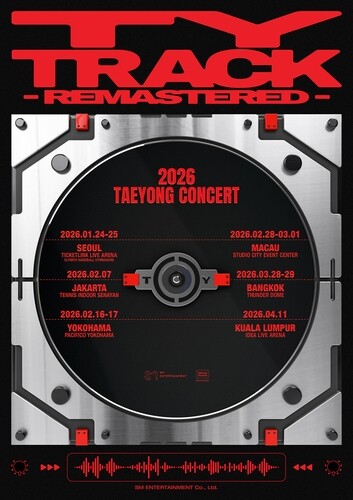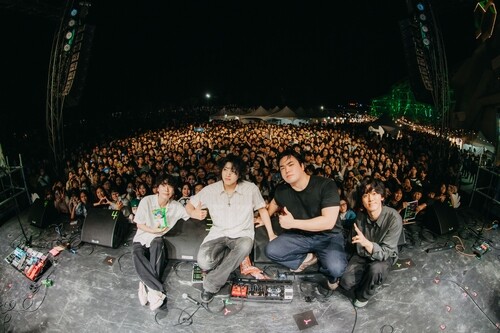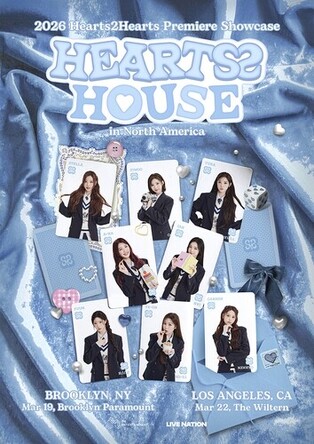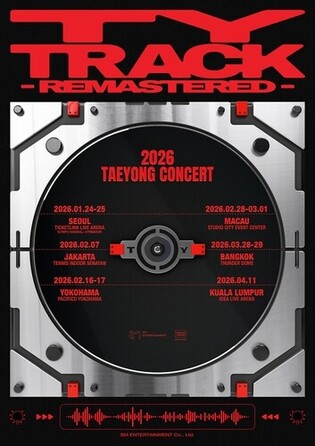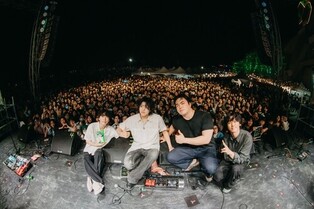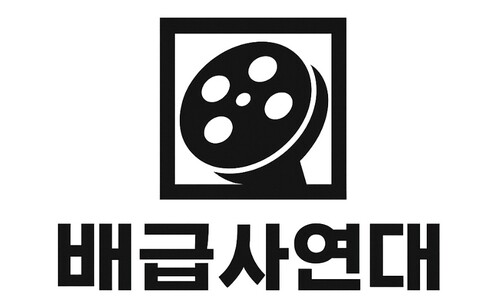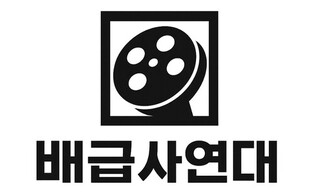*Editor’s note: K-VIBE invites experts from various K-culture sectors to share their extraordinary discovery about the Korean culture.
Scrutinizing AI: AI Policy Shifts and the Future of Creativity
Contributed by Lee Eun-jun (professor at Kyungil University)
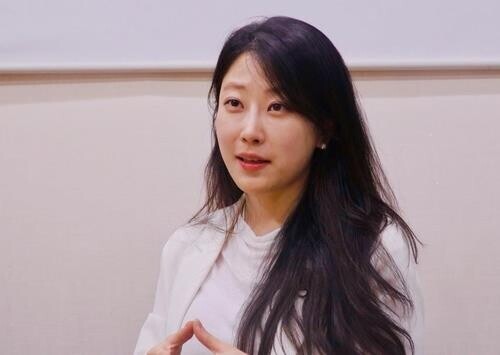
Following up on my previous column, I’d like to share insights from a recent panel discussion at the "AI International Film Festival" held earlier this year in Hollywood, where my short film Diner Date was honored with an award. Given the festival’s location, the conversation naturally gravitated toward the changing landscape of U.S. artificial intelligence (AI) policy.
During the session I participated in, titled “Shifts in U.S. AI Policy and Innovation,” a lively discussion unfolded. As a filmmaker from Korea, I initially felt some hesitation about commenting on American AI policy. However, recognizing that industry standards in content production are often set in the U.S., I answered as candidly as possible.
One panelist began by outlining how the U.S. government has pivoted from a cautious, self-regulatory approach to AI toward a more aggressive strategy, emphasizing rapid development and investment under minimal regulation. He then asked how I viewed this shift in terms of innovation, accountability, and risk management in AI-driven content creation.
My response was as follows:
The United States is moving away from self-regulation and is actively encouraging AI research and industrial growth. This approach, I believe, is a double-edged sword. On one hand, it enables rapid technological advancement, potentially helping the U.S. maintain global leadership in AI. On the other hand, a lack of proper regulation makes it difficult to control AI development and could lead to serious ethical and legal challenges.
For instance, AI-generated content might blur the line between reliable news and misinformation, or be misused in deepfake scams or through biased algorithms that exacerbate social inequalities. The core challenge lies in finding a balance—fostering innovation while ensuring ethical and responsible use of AI.
The next question addressed AI's broader social impact and technological development.
Another panelist asked for my perspective on how these AI shifts might influence developments like quantum computing and affect broader societal structures—such as data privacy, intellectual property rights, and power dynamics. He also wanted to know what these changes could mean for the storytelling industry, the future of filmmaking, and even the broader reconfiguration of society.
In response, I noted that as AI continues to evolve, its influence on intellectual property law, personal data protection, and even power structures within the film industry will become increasingly significant. Questions such as who owns the rights to AI-generated films, or whether the copyright should belong to the AI or its programmer, are issues that must be addressed. There must be clear regulations in place to prevent AI-generated content—trained on public data—from infringing upon creators' rights. If AI-driven filmmaking becomes mainstream, it could fundamentally alter the structure of the traditional film industry.
The following session shifted focus to global disparities in AI regulation and their implications for the film sector.
Numerous participants raised questions, particularly about the international regulatory landscape. One expert asked about the differences in AI policy across regions, noting that while the U.S., the Middle East, and China are pushing ahead with rapid AI development, Europe is adopting a more cautious stance—emphasizing intellectual property, privacy, and labor protections. He wanted to know my thoughts on these divergent approaches and how they might shape global AI competition.
I responded that it’s fascinating to observe how different regions are taking distinct approaches to AI regulation. While countries like the U.S., China, and those in the Middle East prioritize speed and competitiveness, Europe remains focused on ethical concerns, such as privacy rights, labor protections, and safeguarding intellectual property. It’s hard to say which path is definitively correct. Each has its own merits and drawbacks. Strict regulations may ensure ethical use but risk slowing innovation. Conversely, a fast-track development model may enhance global competitiveness but could result in significant ethical pitfalls down the line.
The discussion continued with a final question concerning the trajectory of AI regulation and its implications for the creative industries.
One panelist asked how differing regulatory strategies might affect AI’s role in filmmaking and other creative fields. He was particularly curious whether stricter regulation would provide ethical advantages or instead stifle innovation and leave certain sectors behind.
To that, I replied that the direction of AI policy is a crucial factor in determining the future of the film industry. While strong regulations can foster ethical practices, they may also hinder the advancement of AI-based creative tools. Ultimately, finding a balance between technological progress and ethical consideration is vital. National policy responses will play a key role in shaping the future of the film industry.
As someone who has long been involved in both the creative and production sides of filmmaking, I felt enriched by the diverse questions and perspectives shared during the session. It was, in many ways, a moment of “intellectual birth” in partnership with AI. The AI Film Festival proved to be a valuable experience that deepened my understanding of the creative possibilities—and responsibilities—this technology brings.
(C) Yonhap News Agency. All Rights Reserved



















![[풀영상] 디즈니+ '메이드 인 코리아' 제작발표회|현빈 Hyunbin·정우성 Jung Woosung·우도환·서은수·원지안·정성일·강길우·노재원·박용우|Made In Korea](/news/data/20251215/p179554206856695_165_h.jpg)

